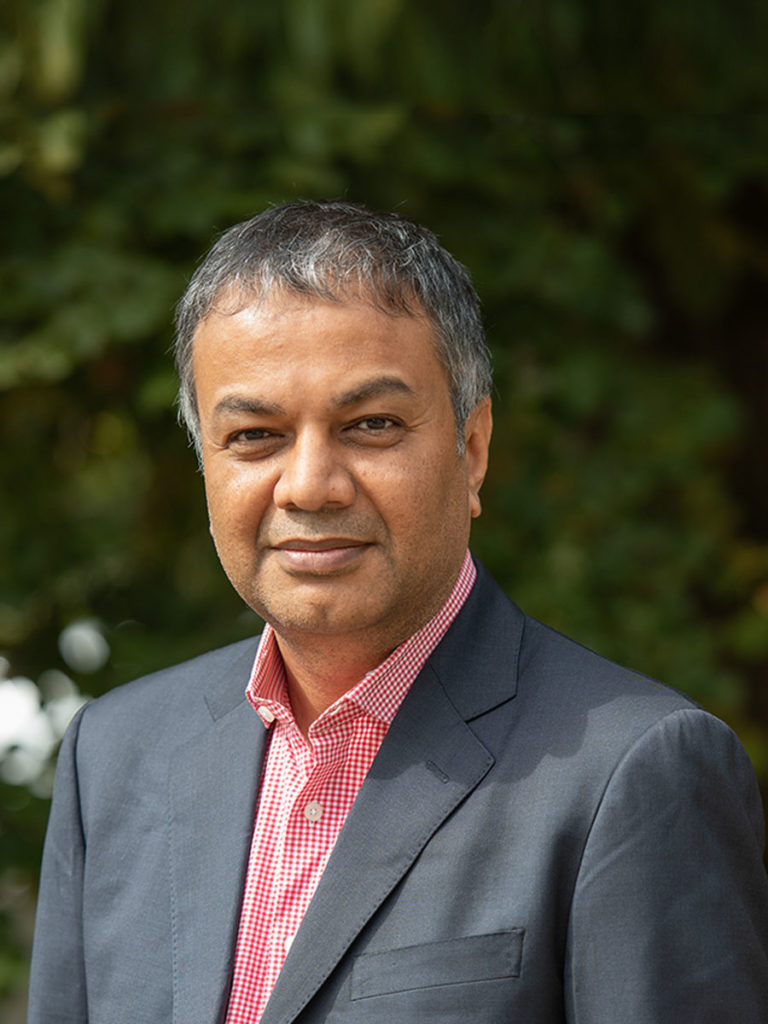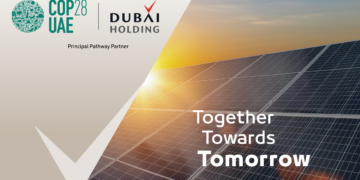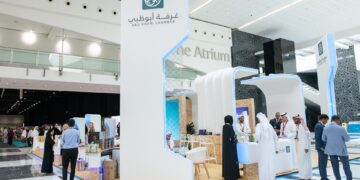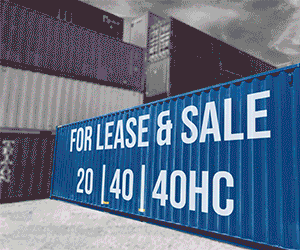Are we in need of resilient healthcare supply chains to prepare for the next global health emergency? Here’s how to do it, writes Prashant Yadav, an Affiliate Professor of Technology and Operations Management at INSEAD and the Academic Director, INSEAD Africa Initiative, whose work focuses on improving healthcare supply chains and designing better supply chains for products with social benefits.

Over the past two and a half years, we have seen unparalleled innovation and private-public collaboration in the global fight against Covid-19. The rapid development and roll-out of new vaccines, diagnostic tests and therapeutics have saved millions of lives.
However, these developments have not benefited everyone equally. Although more than 67 percent of the global population has received at least one dose of the Covid-19 vaccine, disparities between the higher and lower income countries are wide. As of May, 72 percent of people in high-income countries have received one dose, compared to 18 percent in low-income countries, according to the UNDP’s Global Dashboard for Vaccine Equity.
Disparity
This disparity is a pattern that extends across the three most critical medical countermeasures against the pandemic: vaccines, tests, and therapeutics. While high-income countries have conducted 42 tests for every 1,000 people per day in May, low-income countries have conducted just 1.95 tests for every 1,000 people, according to the Global Covid-19 Access Tracker. The use of therapeutics, while limited across the globe, is almost non-existent in poorer countries.
In fact, equity is not just a moral imperative; it safeguards our collective global health. The emergence of the Delta and Omicron variants saw the virus running unabated in low-income countries and quickly spreading to the rest of the world. Unless we take bold steps to change how we produce and allocate these life-saving tools on a global scale, we risk repeating the same mistakes in the future.
Rethinking health supply chains
Meanwhile, the markets for vaccines, tests and therapeutics are fragile; the emergence of a new disease or variant in one area of the world can upend demand and supply in another. To be more prepared for the next global health emergency, we must design supply chains that are built to cope with demand uncertainty and balance effectiveness with equity.
In May, the United States co-hosted the second Global Covid-19 Summit to increase global access to vaccines, tests and treatments while building preparedness for future health emergencies. The summit yielded US$ 3.2bn in financial commitments from public, private and nonprofit organisations and contributed to the new pandemic financing fund.
However, financial pledges and aspirational goals are not enough. Vaccines, tests, and therapeutics require hundreds of inputs produced in countries across the globe. Therefore, we need a global governance structure to oversee the flow of these critical medical supplies. But coordination is easier said than done.
Now, we must get three components of the supply chain right: better sharing of market risks across public and private actors; flexibility in manufacturing to allow timely change in product mix; and geographical diversity of production facilities for global supply resilience.
Better sharing of market risks
Typically, vaccines, therapeutics and diagnostic tests are developed by private companies with private capital and government funding for upstream research. Setting up large production plants, however, requires additional investments which may not be as forthcoming when demand is highly uncertain.
Therefore, governments and multilateral organisations must pay producers to take on risks for the benefit of all. How? Through advance purchase agreements that guarantee a minimum order over a defined time, regardless of market demand.
While some governments implemented advance contracts for vaccines, they had not done so with diagnostics and therapeutics. For example, last fall in the US, as hopes soared for a return to “normal life,” mass testing and vaccinations sites closed.
However, when Omicron hit, self-test kits went out of stock and test centre appointments were filled to capacity. When President Joe Biden announced that the government would purchase one billion rapid tests to distribute for free to Americans, manufacturers could not ramp up production fast enough..
This mismatch between supply and demand could have been avoided had the government shared the risks of demand uncertainty. This problem is amplified in lower-income countries that lack the financial reserves for advance purchase contracts with a diversity of manufacturers. When demand surged, they found themselves at the end of the queue.
Ultimately, we cannot ignore how market mechanisms work: Supply is allocated to larger markets with paying power, not necessarily markets with the greatest need. Therefore, like COVAX’s advance vaccines contracts for low-income countries, we need similar risk-sharing structures for diagnostics and therapeutics.
Sustainable production decisions: product-mix and location
While there is significant interest in establishing new manufacturing facilities in Africa and regions where the production of vaccines, diagnostics and therapeutics is currently limited, we must design new production sites for long-term sustainability.
The “build and decay” problem has plagued many public-private investments in lower-income countries. Unfortunately, it is a common story in development finance: a production plant that’s heralded to revolutionise local industry lies empty or risks closure years later.
Since it takes two to five years to build new manufacturing plants with the relevant technologies, market conditions would have changed by the time production begins. If designs are not future-proofed to pivot as needed, millions of dollars risk being wasted – which makes it less likely that investors will finance similar projects in the future. As a result, the world is not any better prepared for the next health emergency.
Building flexibility based on the known unknowns
New manufacturing plants cannot focus solely on the current market needs for Covid-19 medical supplies but must also increase world resilience. The best path for emergency preparedness is to build plants for maximum production flexibility in anticipation of future needs – like vaccines for SARS viruses, influenza, or unknown endemic diseases. This requires agile decision making as well as choosing a plant and equipment that are highly flexible.
To determine the degree of flexibility required, for example, should a plant manufacture mRNA, protein subunit vaccine or both – producers must identify where the most uncertainty lies in the market. An optimal product mix protects against these unknowns.
However, flexibility is neither infinite nor cheap. Building a plant with the flexibility to pivot production to manufacture different products requires around 25 percent more capital and operating costs than one with fixed products. The design of the production facility should build in the maximum flexibility that investors can afford.
Invest in resilience
Thankfully, we are seeing progress. In Senegal, the Institute Pasteur de Dakar is building a US$ 200mn regional hub for vaccine manufacturing, parts of which will become operational in the latter half of 2022.
Sceptics may argue that production based in Senegal cannot be as large or efficient as those based in low-cost India or China. They are right. Technical talent and ecosystems are only starting to emerge, so input costs can be up to 25 percent higher than in other regions. However, it is worth it.
This increased cost – which I call a “resilience premium” – benefits all of us. It is a sound investment for multilateral organisations and high-income countries because resources can be redirected to fit-for-purpose products that match market needs across the globe in an equitable way.
It will also make our overall system resilient against localised epidemics or global pandemics. The best time for building a sustainable supply chain for life-savings tools against health emergencies is between pandemics. Although Covid-19 is still simmering, we are no longer in acute crisis mode. The time to build is now.
(This article is republished courtesy of INSEAD knowledge. Copyright INSEAD 2022.)
Want to stay updated on the latest industry news and trends? Subscribe today to receive your monthly news highlights directly in your inbox!











